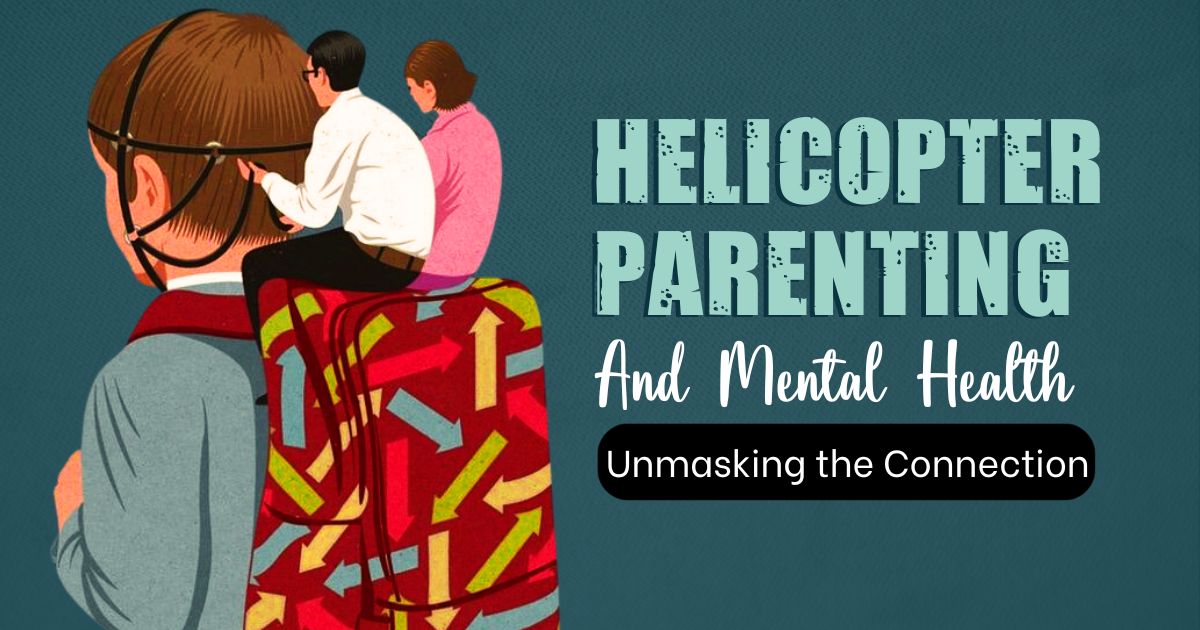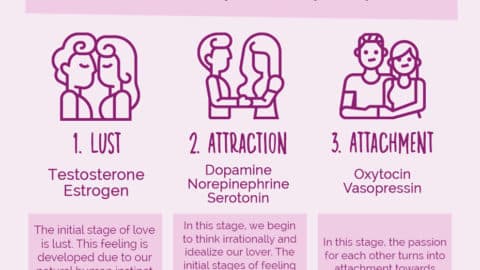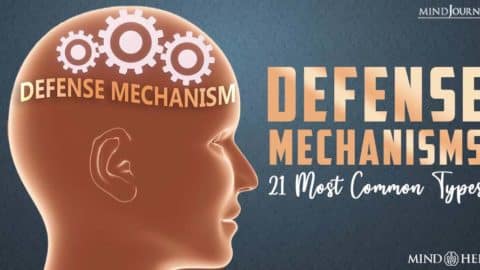Parenting is a complex and evolving journey, and the style of parenting adopted can significantly influence a child’s development and mental health. One parenting style that has gained attention and concern in recent years is “helicopter parenting.”
Helicopter parents are known for hovering over their children, constantly monitoring and controlling various aspects of their lives. While these parents often have good intentions, research suggests that helicopter parenting impacts mental health negatively, particularly children’s mental health and overall well-being.
Understanding Helicopter Parenting
Helicopter parenting is characterized by overinvolvement in a child’s life, including their daily activities, decisions, and experiences. These parents tend to be overly protective, frequently stepping in to solve problems, make decisions, and shield their children from adversity.
The Impact Of Helicopter Parenting On Mental Health
One of the primary consequences of helicopter parenting is reduced resilience in children. When parents constantly intervene to prevent failure or hardship, children miss out on valuable opportunities to learn from their mistakes and develop problem-solving skills. Consequently, they may struggle to cope with challenges and setbacks, leading to increased anxiety and stress.
Helicopter parenting can contribute to the development of anxiety and perfectionism in children. The constant pressure to meet high parental expectations and the fear of disappointing their parents can lead to anxiety disorders and perfectionistic tendencies, which can persist into adulthood.
Helicopter parenting often impedes the development of autonomy and independence in children. When parents make decisions for their children, they may struggle to make choices, assert themselves, or take responsibility for their actions. This can hinder their ability to function effectively as adults.
Children raised by helicopter parents may lack essential problem-solving skills. Since their parents have typically handled challenges for them, they may struggle to find solutions when faced with difficult situations, leading to feelings of helplessness and frustration.
Helicopter Parenting And Academic Pressure In Children
Helicopter parents often become overly involved in their child’s academic life. This can manifest as doing their homework, pressuring them to excel academically, or micromanaging their study habits. While these actions may be driven by a desire for success, they can lead to heightened stress and anxiety in children.
Helicopter parents may have unrealistic expectations of their child’s academic performance. The constant pressure to excel academically can result in feelings of inadequacy and anxiety, as children may feel that they must meet these expectations to gain their parents’ approval and love.
How Helicopter Parenting Impacts Children’s Relationships
Helicopter parenting can hinder a child’s ability to develop healthy relationships with peers. Children may struggle to form connections with others, as they have not been given the opportunity to make their social decisions and learn from interactions with their peers.
Children raised by helicopter parents may experience reduced self-esteem. Constant scrutiny, criticism, and the fear of not meeting their parents’ standards can lead to feelings of inadequacy and low self-worth.
Research has shown a correlation between helicopter parenting and higher levels of anxiety and depression in children. The constant pressure to meet expectations and the lack of autonomy can contribute to these mental health issues.
Shifting Toward A Balanced Approach To Parenting
Helicopter parenting impacts mental health in children and their self-sufficiency. Parents should encourage independence from an early age. Allowing children to make age-appropriate decisions, take responsibility for their actions, and learn from their mistakes fosters autonomy and resilience.
Maintaining open and honest communication with children is crucial. Parents should create a safe space for their children to express their thoughts and feelings, free from judgment or criticism. Parents should set realistic expectations for their children’s abilities and achievements. Acknowledging that every child is unique and has their strengths and weaknesses can help reduce undue pressure.
Failure is a natural part of life and a valuable learning experience. Parents should allow their children to fail and support them in understanding that mistakes are opportunities for growth. If helicopter parenting patterns have already been established, seeking professional guidance, such as family therapy or counseling, can be beneficial for both parents and children to work toward healthier family dynamics.





